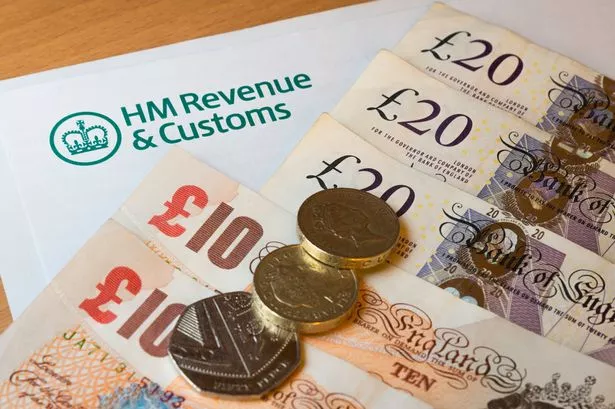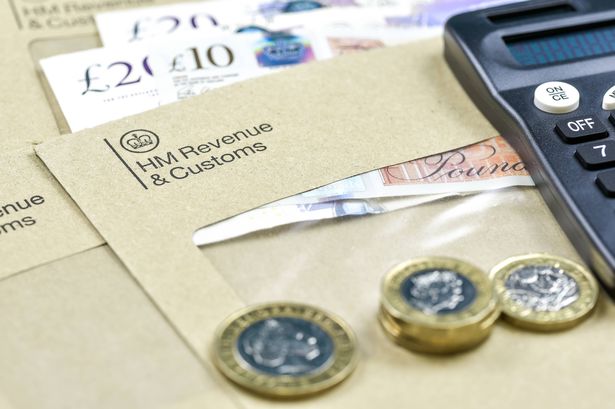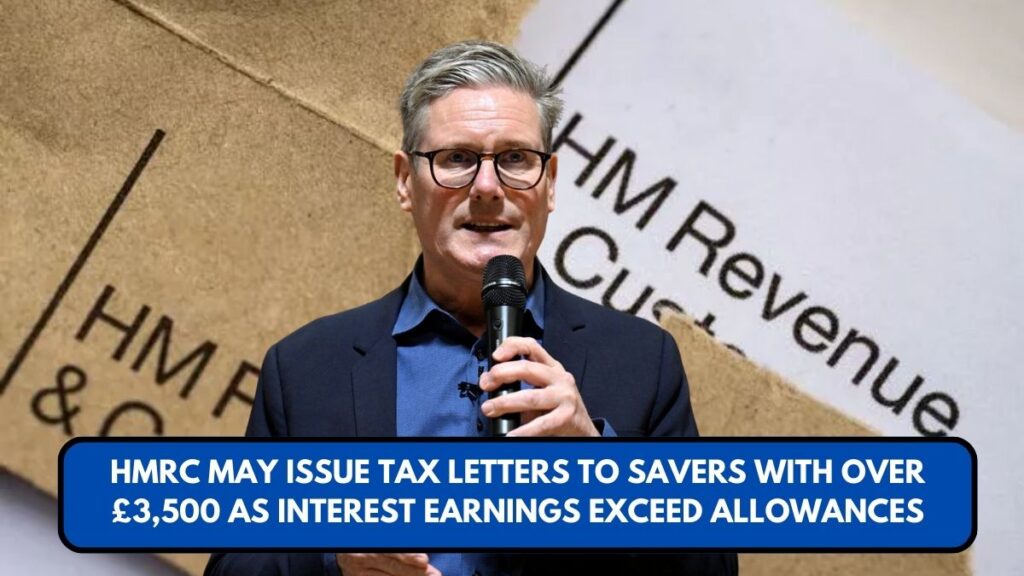Thousands of savers across the UK could soon receive unexpected tax bills from HMRC if their savings interest exceeds the annual tax-free limit. Rising interest rates and growing account balances mean many ordinary taxpayers are breaching their Personal Savings Allowance (PSA) without even realizing it.
What Is the Personal Savings Allowance (PSA)?
The Personal Savings Allowance allows you to earn interest on your savings without paying tax, but how much you can earn tax-free depends on your income tax band:
- Basic-rate taxpayers (income up to £50,270) – £1,000 PSA
- Higher-rate taxpayers (income between £50,271 and £125,140) – £500 PSA
- Additional-rate taxpayers (income over £125,140) – No allowance
This means if you’re a higher-rate taxpayer and earn more than £500 in savings interest in a year, any amount above that is subject to income tax.

Why People With Just £3,500 in Savings May Now Owe Tax
The alarming point is that even modest savings can now generate enough interest to breach the PSA, especially with today’s high interest rates.
For example:
- A higher-rate taxpayer with £3,500 in a savings account offering 5% annual interest would earn £175 per year.
- If they also have other savings or bank accounts, their total interest can easily cross the £500 PSA, triggering a tax liability.
While basic-rate taxpayers are less likely to be affected immediately, those with larger savings or multiple accounts could also breach their £1,000 threshold.
How Will HMRC Notify You?
HMRC collects data on interest earnings directly from banks and building societies. If your savings interest breaches the allowance:
- You may receive a P800 tax calculation letter, notifying you of underpaid tax.
- HMRC could then adjust your tax code, collecting the amount owed through your salary or pension using Pay As You Earn (PAYE).
However, delays in sending P800s for the 2023–24 tax year have been reported, meaning many won’t be notified until March or April 2025. Some people could see the unexpected deductions in their April 2025 pay packets.
According to reports by Clark Well, this delay stems from increased savings interest across the UK, leading to higher-than-expected volumes of data for HMRC to process.
What Should Savers Do Now?
To avoid being caught off guard by a tax bill, experts recommend taking the following steps:
Check Your Interest Earnings
Review your bank statements or online banking portals to calculate how much interest you’ve earned in the last financial year (April 6, 2023, to April 5, 2024).
Use Tax-Free Accounts
Consider moving funds into Individual Savings Accounts (ISAs). ISAs offer tax-free interest and do not count towards your PSA. Learn more about ISAs on the official GOV.UK site.
Plan Across Multiple Accounts
If you have savings spread across multiple accounts, add the total interest across all of them—not just one account. Even small balances in high-yield accounts can push you over the limit.
Update HMRC If Needed
If you believe you’ve underpaid or need to inform HMRC of additional interest income, visit your personal tax account on GOV.UK to check and update details.

Are You at Risk?
Here’s a quick check:
- Are you earning over £50,270 a year? You’re likely a higher-rate taxpayer with a £500 PSA.
- Do you have over £3,500 in savings at 5% or higher interest? You could owe tax.
- Received a letter from HMRC or a change in tax code? You may already be flagged for interest-related tax collection.
With the Bank of England interest rate still elevated and competitive savings accounts offering 4.5% to 5% returns, even average savers should now be cautious.
Conclusion
The tax-free perks on savings are not as generous as many believe, especially for those in higher income brackets. Even if your savings seem small, rising interest rates mean your tax-free threshold can be breached faster than ever.
It’s essential to check your total interest earnings and consider strategic use of ISAs to minimize your tax burden. As the new financial year begins, staying ahead of HMRC letters could save you from surprises in your paycheck.
This article has been carefully fact-checked by our editorial team to ensure accuracy and eliminate any misleading information. We are committed to maintaining the highest standards of integrity in our content.

Himanshu Sharma writes for Weekend Spy, focusing on recruitment, government schemes, and current affairs. He is dedicated to making complex information accessible to readers.
Himanshu enjoys playing chess, hiking, and trying new recipes, always seeking ways to combine his love for writing with his passion for exploration. Connect with Drop him an email at [email protected].







